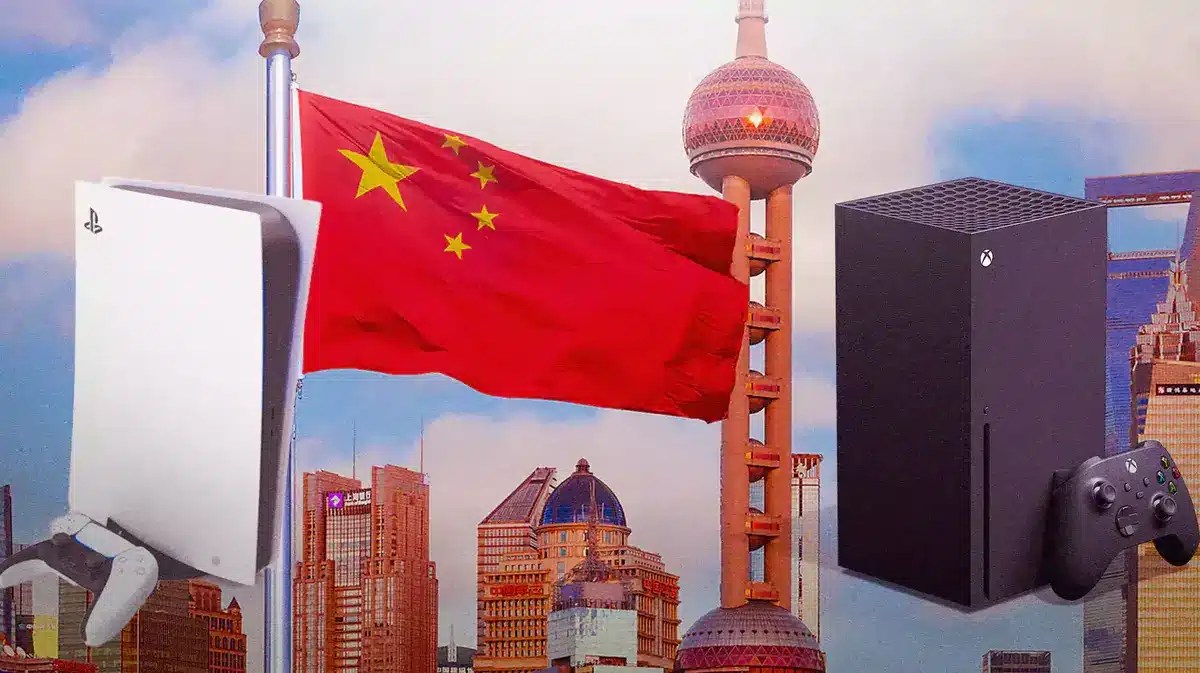The recent announcement by Chinese regulators of new, stringent regulations aimed at curbing excessive spending in online games has sent significant ripples through the global gaming industry. These rules, seen as a major blow to the world's largest gaming market, have had profound implications, disrupting major companies and shaking investor confidence to its core.
Impact on Major Chinese Gaming Companies
The immediate effect of the new regulatory framework was a dramatic nosedive in the market values of China's leading gaming enterprises, Tencent Holdings and NetEase. Tencent, a titan in the global gaming scene, witnessed its stock value plummet by an alarming 16%. NetEase, a formidable competitor in the industry, faced an even steeper decline, with its shares falling by as much as 25%. This downturn in fortunes wasn't confined to these gaming behemoths alone; it also profoundly impacted Prosus, a significant tech investor with a considerable stake in Tencent. Prosus's shares plunged by 14.2%, marking it as one of the most drastically affected entities on the pan-European stock index.
Broader Investor Concerns
The worry among investors and analysts extends beyond immediate financial losses to a heightened sense of policy risk. Steven Leung, the executive director of institutional sales at UOB Kay Hian in Hong Kong, captured the sentiment by noting, “It's not necessarily the regulation itself – it's the policy risk that's too high.” This observation reflects a broader anxiety within the investment community, which had been previously mitigated by a focus on the fundamental strengths of the industry.
In a bid to address these concerns, Vigo Zhang, Tencent Games' vice president, assured that the company would adapt to meet regulatory demands without fundamentally overhauling its business model. However, the pervading uncertainty brought about by these new rules continues to cast a long shadow over the entire gaming sector.
Historical Context and Ongoing Regulatory Measures
This development is the most recent in a series of governmental actions targeting the gaming industry in China. In 2021, the Chinese government imposed stringent playtime restrictions for minors and temporarily froze new game approvals, citing concerns about gaming addiction among young users. Though this formal crackdown concluded last year with the resumption of game approvals, the authorities have maintained a steady pressure on the industry, introducing new measures to curb in-game spending.
The latest regulations are particularly focused on in-game financial transactions, mandating games to set caps on how much players can spend through digital wallet top-ups. This move is expected to profoundly affect user engagement and in-app revenue, pushing game publishers to reevaluate and possibly revamp their game design and revenue generation models.
Some Silver Linings for the Industry
Despite the overarching restrictive nature of these new policies, there are elements that have been welcomed by the gaming industry. One such provision mandates that regulators must process game approvals within a 60-day timeframe. Additionally, on the same day as the regulatory announcement, Beijing greenlit 40 new imported games for domestic release, indicating a somewhat more open stance towards foreign game titles. Nevertheless, the general trend points towards tighter control, especially concerning user data, with new requirements for game publishers to store their servers within China.
Public comments on these proposed rules are open until January 22, 2024, providing a critical window for industry stakeholders to offer feedback and potentially shape the regulatory landscape. The gaming sector, both within China and globally, is watching these developments with keen interest, attempting to gauge the long-term ramifications for the industry in one of its most crucial markets.
Global Repercussions
The repercussions of China's regulatory shift have reverberated far beyond its borders, impacting gaming stocks worldwide. In the United States, prominent companies like Roblox, Electronic Arts, and Unity Software saw their stock values decline by 1.7% to 3.1%. The European market wasn't immune either, with shares of French video game developer Ubisoft falling by over 3%.
These events highlight the intricate interconnectedness of the global gaming industry and the extensive impact of regulatory decisions in key markets such as China. As the industry confronts these challenges, the evolving situation around the Chinese gaming market continues to be a critical point of focus for stakeholders globally, who are keenly observing how these changes will shape the future landscape of this dynamic sector.




















